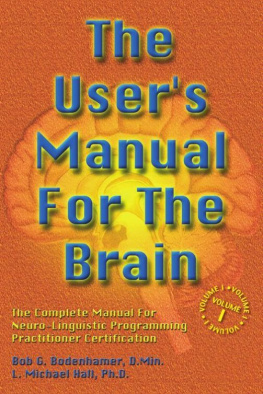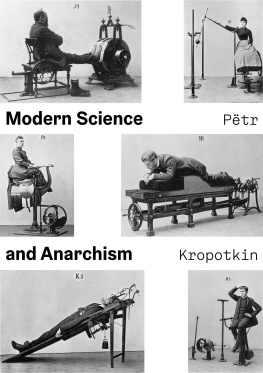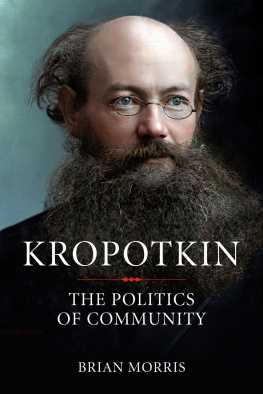Preface to the Second Edition
Fourteen years have passed since the first edition of this book was published, and in revising it for this new edition I found at my disposal an immense mass of new materials, statistical and descriptive, and a great number of new works dealing with the different subjects that are treated in this book. I have thus had an excellent opportunity to verify how far the previsions that I had formulated when I first wrote this book have been confirmed by the subsequent economical evolution of the different nations.
This verification permits me to affirm that the economical tendencies that I had ventured to foreshadow then have only become more and more definite since. Everywhere we see the same decentralisation of industries going on, new nations continually entering the ranks of those which manufacture for the world market. Each of these new-comers endeavours to develop, and succeeds in developing, on its own territory the principal industries, and thus frees itself from being exploited by other nations, more advanced in their technical evolution. All nations have made a remarkable progress in this direction, as will be seen from the new data that are given in this book.
On the other hand, one sees, with all the great industrial nations, the growing tendency and need of developing at home a more intensive agricultural productivity, either by improving the now existing methods of extensive agriculture, by means of small holdings, inner colonisation, agricultural education, and co-operative work, or by introducing different new branches of intensive agriculture. This country is especially offering us at this moment a most instructive example of a movement in the said direction. And this movement will certainly result, not only in a much-needed increase of the productive forces of the nation a fuller appreciation of the immense value of its soil, and the desire of repairing the error that has been committed in leaving it in the hands of great land-owners and of those who find it now more advantageous to rent the land to be turned into shooting preserves. The different steps that are being taken now for raising English agriculture and for obtaining from the land a much greater amount of produce are briefly indicated in Chapter II.
It is especially in revising the chapters dealing with the small industries that I had to incorporate the results of a great number of new researches. In so doing I was enabled to show that the growth of an infinite variety of small enterprises by the side of the very great centralised concerns is not showing any signs of abatement. On the contrary, the distribution of electrical motive power has given them a new impulse. In those places where water power was utilized for distributing electric power in the villages, and in those cities where the machinery used for producing electric light during the night hours was utilised for supplying motive power during the day, the small industries are taking a new development.
In this domain I am enabled to add to the present edition the interesting results of a work about the small industries in the United Kingdom that I made in 1900. Such a work was only possible when the British Factory Inspectors had published (in 1898, in virtue of the Factories Act of 1895) their first reports, from which I could determine the hitherto unknown numerical relations between the great and the small industries in the United Kingdom.
Until then no figures whatever as regards the distribution of operatives in the large and small factories and workshops of Great Britain were available; so that when economists spoke of the unavoidable death of the small industries they merely expressed hypotheses based upon a limited number of observations, which were chiefly made upon part of the textile industry and metallurgy. Only after Mr. Whitelegge had published the first figures from which reliable conclusions could be drawn was it possible to see how little such wide-reaching conclusions were confirmed by realities. In this country, as everywhere, the small industries continue to exist, and new ones continue to appear as a necessary growth, in many important branches of national production, by the side of the very great factories and huge centralised works. So I add to the chapter on small industries a summary of the work that I had published in the Nineteenth Century upon this subject.
As regards France, the most interesting observations made by M. Araouin Dumazet during his many years travels all over the country give me the possibility of showing the remarkable development of rural industries, and the advantages which were taken from them for recent developments in agriculture and horticulture. Besides, the publication of the statistical results of the French industrial census of 1896 permits me to give now, for France, most remarkable numerical data, showing the real relative importance of the great and the small industries.
And finally, the recent publication of the result of the third industrial census made in Germany in 1907 gives me the data for showing how the German small industries have been keeping their ground for the last twenty-five years a subject which I could touch only in a general way in the first editions. The results of this census, compared with the two preceding ones, as also some of the conclusions arrived at by competent German writers, are indicated in the Appendix. So also the results recently arrived at in Switzerland concerning its home industries.
As to the need, generally felt at this moment, of an education which would combine a wide scientific instruction with a sound knowledge of manual work a question which I treat in the last chapter it can be said that this cause has already been won in this country during the last twenty years. The principle is generally recognised by this time, although most nations, impoverished as they are by their armaments, are much too slow in applying the principle in life.
P. Kropotkin
Brighton, October, 1912
Preface to First Edition
Under the name of profits, rent, interest upon capital, surplus value, and the like, economists have eagerly discussed the benefits which the owners of land or capital, or some privileged nations, can derive, either from the under-paid work of the wage-labourer, or from the inferior position of one class of the community toward another class, or from the inferior economical development of one nation towards another nation. These profits being shared in a very unequal proportion between the different individuals, classes and nations engaged in production, considerable pains were taken to study the present apportionment of the benefits, and its economical and moral consequences, as well as the changes in the present economical organisation of society which might bring about a more equitable distribution of a rapidly accumulating wealth. It is upon questions relating to the right to that increment of wealth that the hottest battles are now fought between economists of different schools.
In the meantime the great question What have we to produce, and how? necessarily remained in the background. Political economy, as it gradually emerges from its semi-scientific stage, tends more and more to become a science devoted to the study of the needs of men and of the means of satisfying them with the least possible waste of energy, that is, a sort of physiology of society. But few economists, as yet, have recognised that this is the proper domain of economics, and have attempted to treat their science from this point of view. The main subject of social economy that is, the economy of energy required for the satisfaction of human needs is consequently the last subject which one expects to find treated in a concrete form in economical treatises.
The following pages are a contribution to a portion of this vast subject. They contain a discussion of the advantages which civilised societies could derive from a combination of industrial pursuits with intensive agriculture, and of brain work with manual work.






